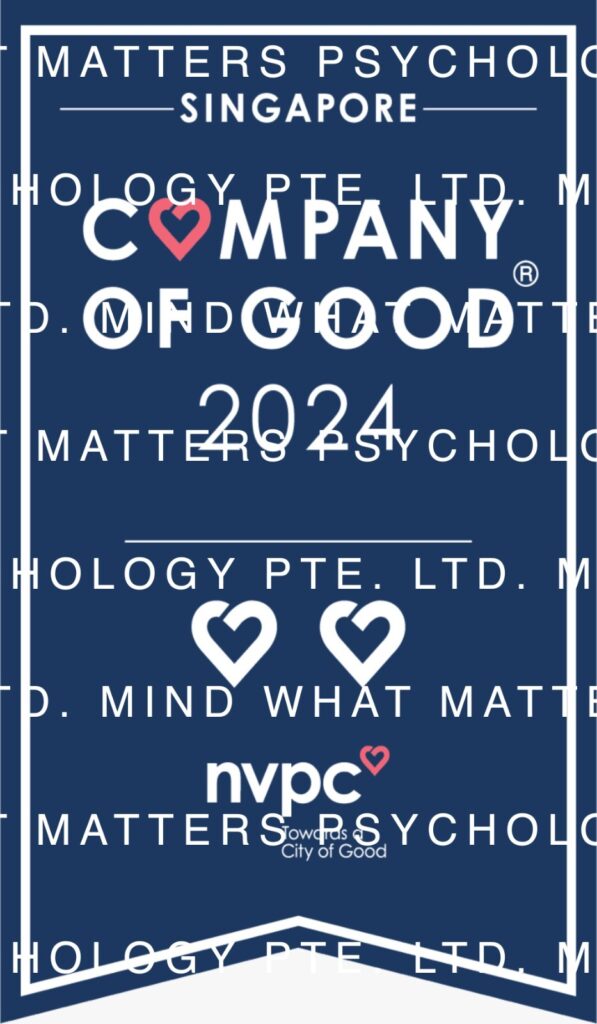Major Depressive Disorder, more commonly known as Depression, is a mood disorder characterised by persistent feelings of sadness and loss of interest, leading to a variety of emotional and even physical problems. It’s one of the most common mental health conditions in the world, and the most common mental health condition among Singaporeans. It is important to recognise that depression goes beyond just feeling sad, and it’s not something that we can simply “snap out of”.
Common signs of Depression
- Feelings of sadness, guilt, or helplessness
- Reduced sense of self-worth
- Loss of interest in daily activities
- Sleep disturbances – insomnia or excessive sleeping
- Digestive problems
- Physical aches, or other unexplained physiological changes
- Changes in weight or appetite
- Trouble focusing and making decisions
- Suicidal thoughts or attempts
For many individuals with depression, the signs they experience may cause noticeable disturbances in work, school, or interpersonal relationships for prolonged periods of time. Some may also experience these signs without really knowing why. While an individual may struggle persistently with signs of depression, many individuals feel better with psychotherapy, medication, or both.
Types of Depression
Major Depressive Disorder
The most common mental health condition in Singapore, characterised by 5 or more depressive signs persisting for at least two weeks.
Seasonal Affective Disorder
Cyclic in nature, SAD comes and goes with the changing of the seasons. Not surprisingly, it is not as common in Singapore, as depressive signs set in along with the winter season, when sunlight is scarcer than usual.
Persistent Depressive Disorder
Also known as dysthymia, PDD is a long-term form of depression, characterised by its chronic nature with signs lasting more than 2 years.
Premenstrual Dysphoric Disorder
Similar to what most women experience with premenstrual syndrome, but at a more severe intensity, causing severe disturbances around the menstrual cycle.
Postpartum Depression
It is caused by hormonal changes associated with pregnancy, often occurring shortly after childbirth.
Coping with Depression
Depression may seem like a lonely and dark journey for individuals dealing with intense depressing emotions. However, practising self-care habits such as regular exercise and engaging in enjoyable hobbies alongside support from loved ones and professional help may help individuals alleviate signs of depression. Seeking psychotherapy and medication are useful for individuals who may struggle to manage their signs alone.















